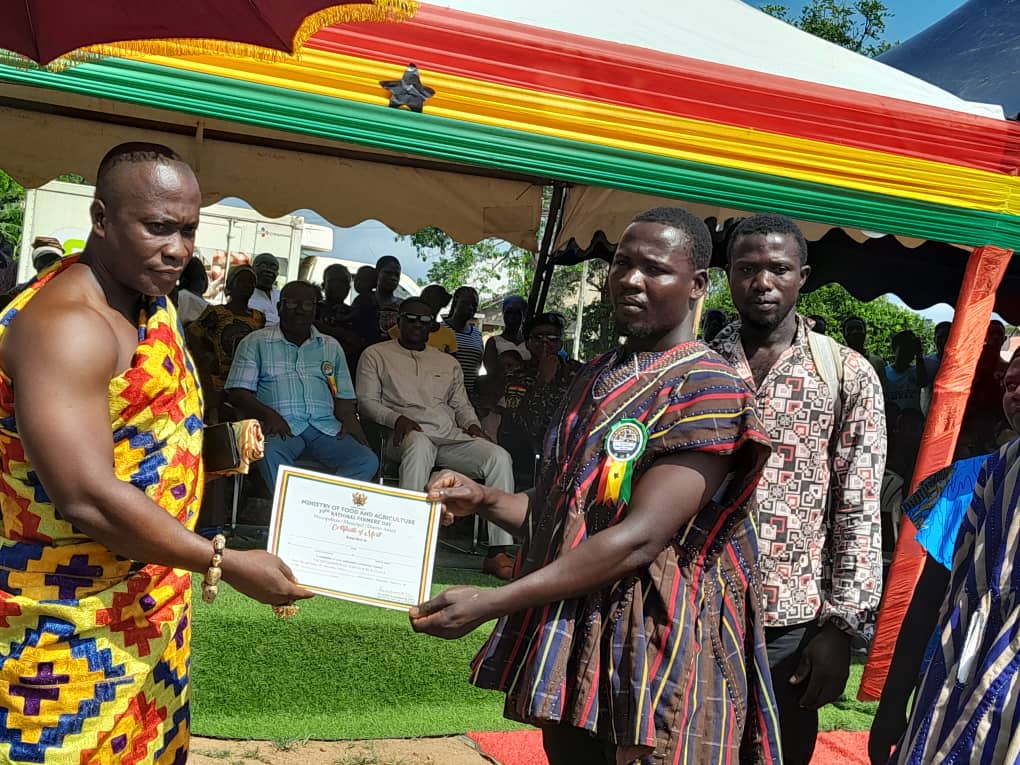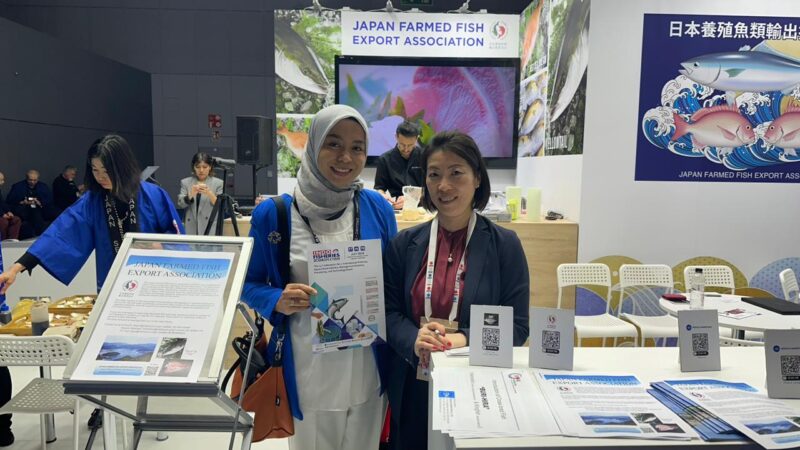
Haruna Ibrahim, a recent graduate of The Akenten Appiah-Menka University of Skills Training and Entrepreneurial Development (AAMUSTED) with a Bachelor of Science in Accounting Education, has been recognized as the Best Rice Farmer in the Afigya Kwabre North District.
After completing his senior secondary school, he spent a year at home with no available option to further his education. He then decided to farm to fund his university education.
Before gaining admission to AAMUSTED, he had forfeited all luxury and other activities in life to farm and raise funds for his educational career.
During weekends and vacations, Haruna would spend time on his rice farm to ensure that all the best agronomy practices were adhered to.
With his determination, he has sustained rice farming and, along the way, started growing maize, with plans to add catfish and tilapia to his farm.
Before graduating, Haruna had acquired a 13-acre land solely for his rice production, considering the high consumption rate of rice in households.
Today, his 13 acres of rice farms at Nsuotem in the district led the authorities to honor him for his perseverance and persistence as a student farmer.
In honoring him at the 39th Farmers’ Day occasion, the Afigya Kwabre North District provided him with fertilizer, a knapsack sprayer, 5 cutlasses, weedicide, and a piece of cloth to support his rice production.
Speaking on the sideline of the occasion, Haruna expressed his strong conviction that this is just the beginning of the biggest thing that awaits him as a rice farmer.
He called on the authorities at the Ministry of Food and Agriculture to go the extra mile in equipping young, energetic youth farmers who lack the financial means to expand their crop yield with the advent of modern simple agriculture technology tools.
Touching on government moves to restrict rice import, he commended the government’s effort; however, he wants the government to engage all local rice farmers and understand their needs and suggestions before taking any action.
To him, Ghana can feed its population without resorting to elsewhere for support or relief. He suggested that there should be a deliberate policy action, like the free SHS policy, to anchor the local rice sector.





